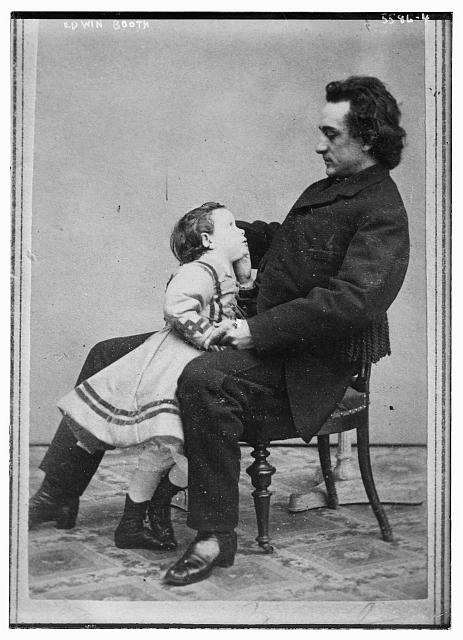From the Richmond Daily Dispatch March 5, 1863:
Flour impressment.
Major Tannahill, the Commissary of Post at Petersburg, received on Tuesday last an order to impress all the extra superfine flour in the possession of millers and merchants in that city. The price specified is $19 50 per barrel, while the market price is from $28 to 29. Not long since all the superfine flour in that city was impressed.
According to Encyclopedia Virginia
Impressment was the informal and then, beginning in March 1863, the legislated policy of the Confederate government to seize food, fuel, slaves, and other commodities to support armies in the field during the American Civil War (1861–1865). The tax-in-kind law, passed a month later, allowed the government to impress crops from farmers at a negotiated price. Combined with inflationary prices and plummeting morale following military defeats, impressment sparked vocal protests across the South. Discontent was exacerbated by what was perceived as the government’s haphazard enforcement of the law, its setting of below-market prices, and its abuse of labor. As a result, citizens hoarded goods and in some cases even impersonated impressment agents in an effort to steal commodities.
Here’s another quick story from the same issue of the Dispatch:
Death of Mrs. Edwin Booth.
–The New York Herald announces the death of Mrs. Edwin Booth. She expired on the 21st ult., at her husband’s residence, at Dorchester, near Boston. The immediate cause of her death was inflammation, contracted from a cold. Mrs Booth will be remembered as Miss Mary Devilin, a young actress of brilliant promise a few years ago. She played in Richmond several seasons, and was very popular with our play-g[oe]rs.

